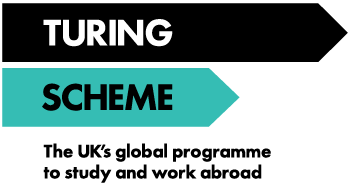| Status: | Full |
| Dates: | 31st March 2024 to 20th April 2024 |
| Duration: | 3 Weeks |
| UK Participants: | 7 |
| Location: | Romania LIVING OFF THE LAND – COUNTRYSIDE SKILLS |
| Monica Oprean Aleea Infanteristilor Nr.1/23, Sibiu 550362, Romania Host website |
Accommodation: Shared room accommodation in school hostel or house, in the village of Rimet and/ or in the town of Aiud (which is located 12 miles away from the villages where we’ll be working)
Meals: Lunches are prepared by the host at the workplace, during the week. Breakfasts, dinners and weekend meals are self-catering.
Communication: Wifi and internet available at accommodation & various locations. Roaming service for mobiles available (check with your provider).
Transport: There is a 7 seater Zafira that the group have access too, but there needs to be a driver from the group, please bring driving licenses with you. The airport transfer will be arranged by the host.
Flights: Grampus will email students with a flight option that fits within the travel grant and which arrives at a time that suits the host. Students are welcome to look for alternative flights, but the arrival times must match those of the offered flight and be within the travel grant. Students have to fund their own way to the UK airport
The programme for 2024 includes:
1) Vine pruning – the first pruning of the year is used to favour the strongest of the new shoots. This activity is important to develop an understanding of plant health, identifying strong lead shoots and practising the cutting of shoots to promote growth and minimise disease risk. During the vine pruning action, participants will develop an understanding of the significance of vines and grape production in the local economy and rural tradition. The vine cuttings will be bundled for later use in the bread oven. During the vine week participants will learn how to prepare and use locally grown willow in the vineyard.
The vine pruning will be interspersed with lime painting of fruit tree trunks to protect against various insect pests. This is an important activity in regions with a strong tradition of fruit production. Participants will learn about the pests and diseases which can attack fruit trees and how to recognise symptoms of damage from biotic and abiotic factors. All of this practical work, combined with training and input from experienced workers, will assist in the development of understanding of tree physiology and sustainable orchard management. Week 1 will include a detailed induction session.
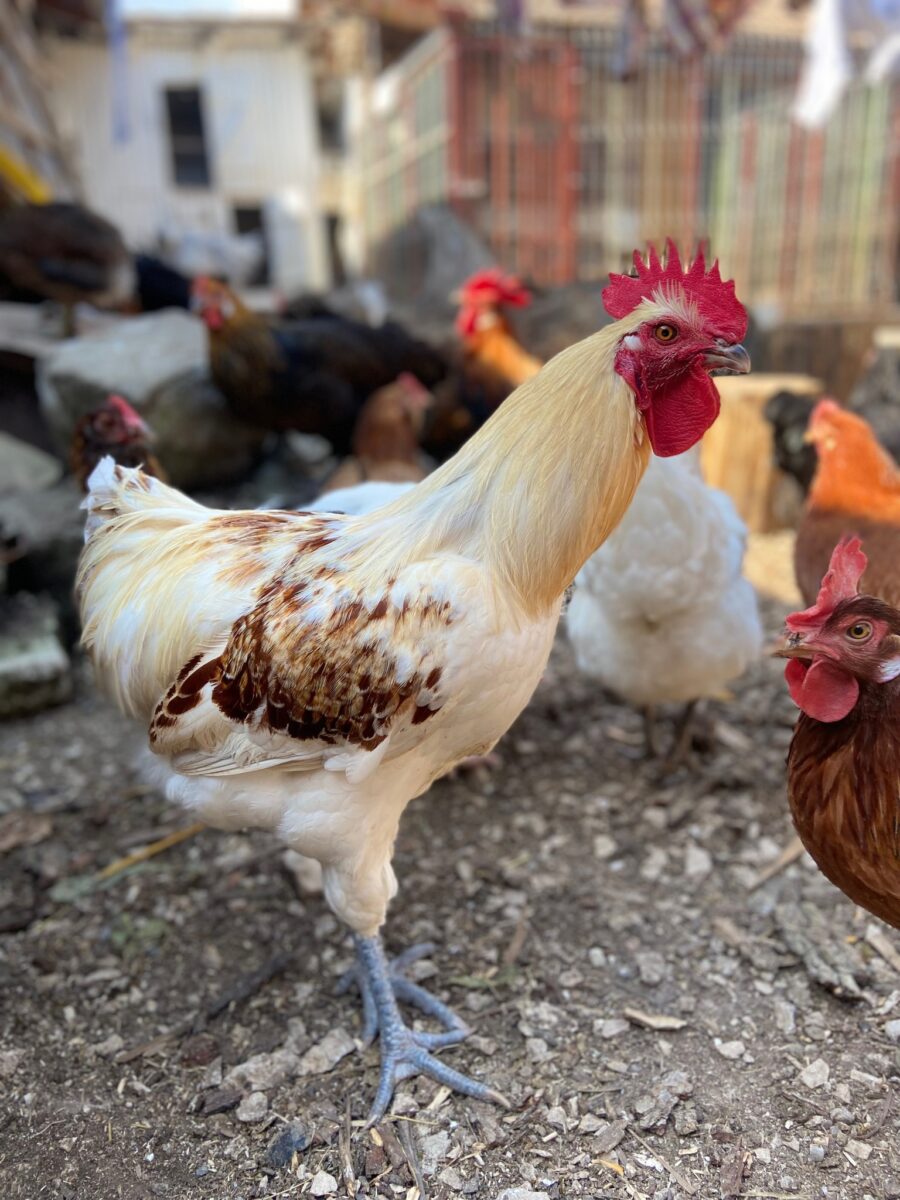
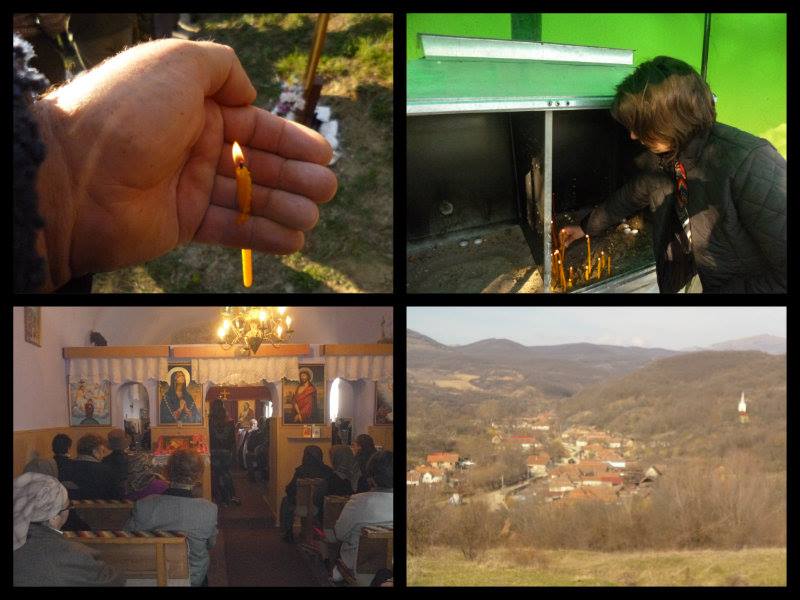
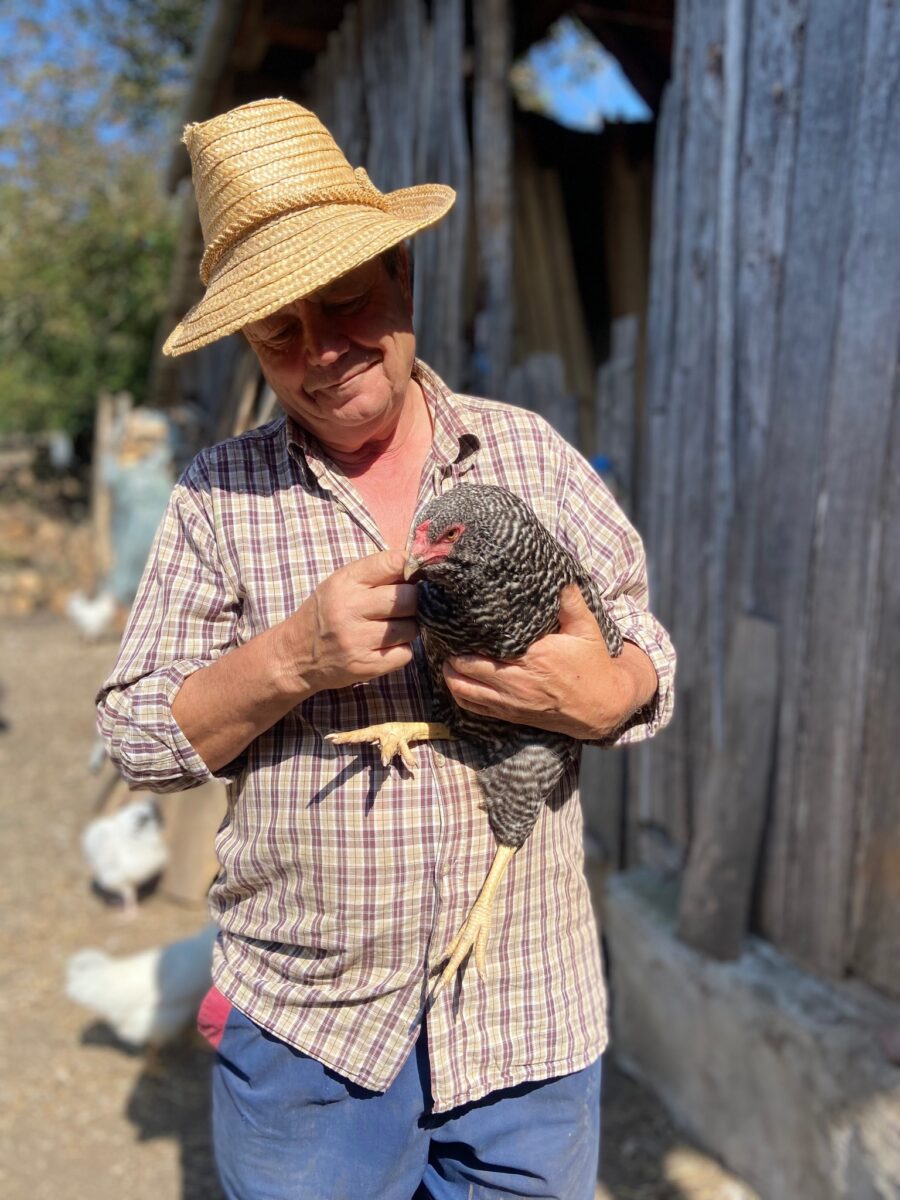
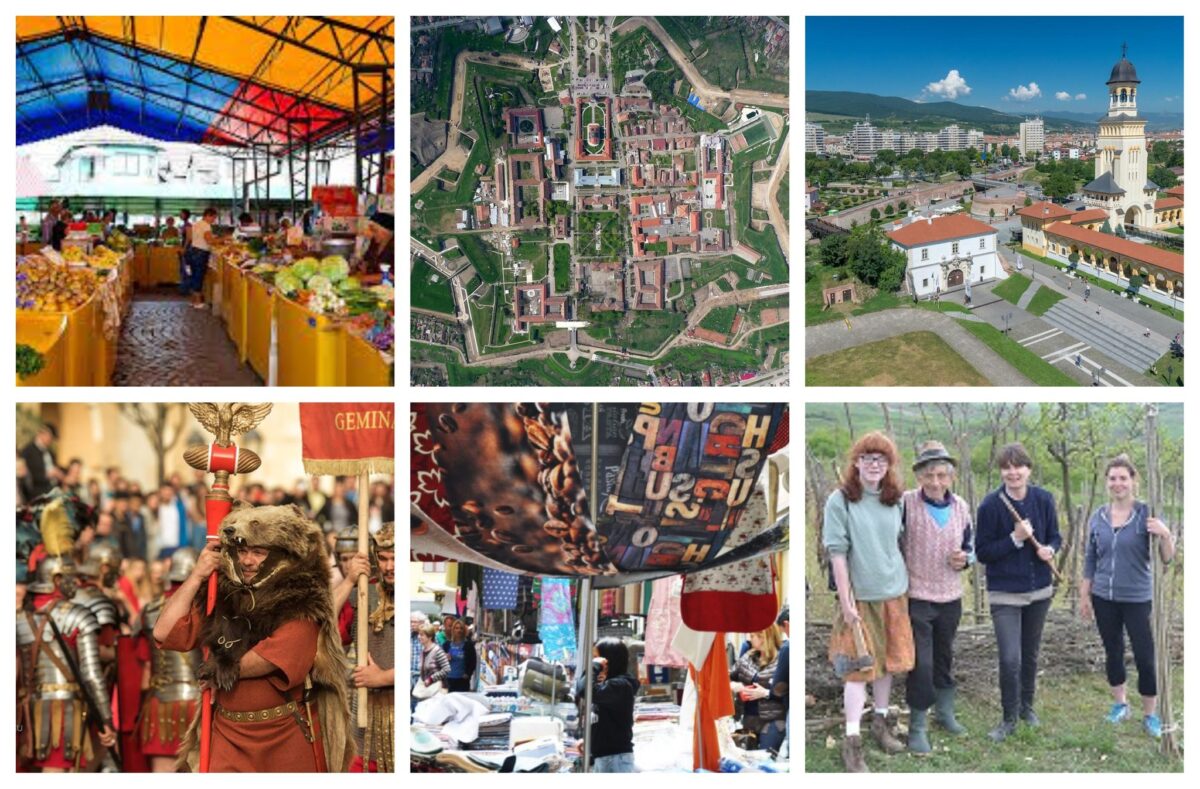
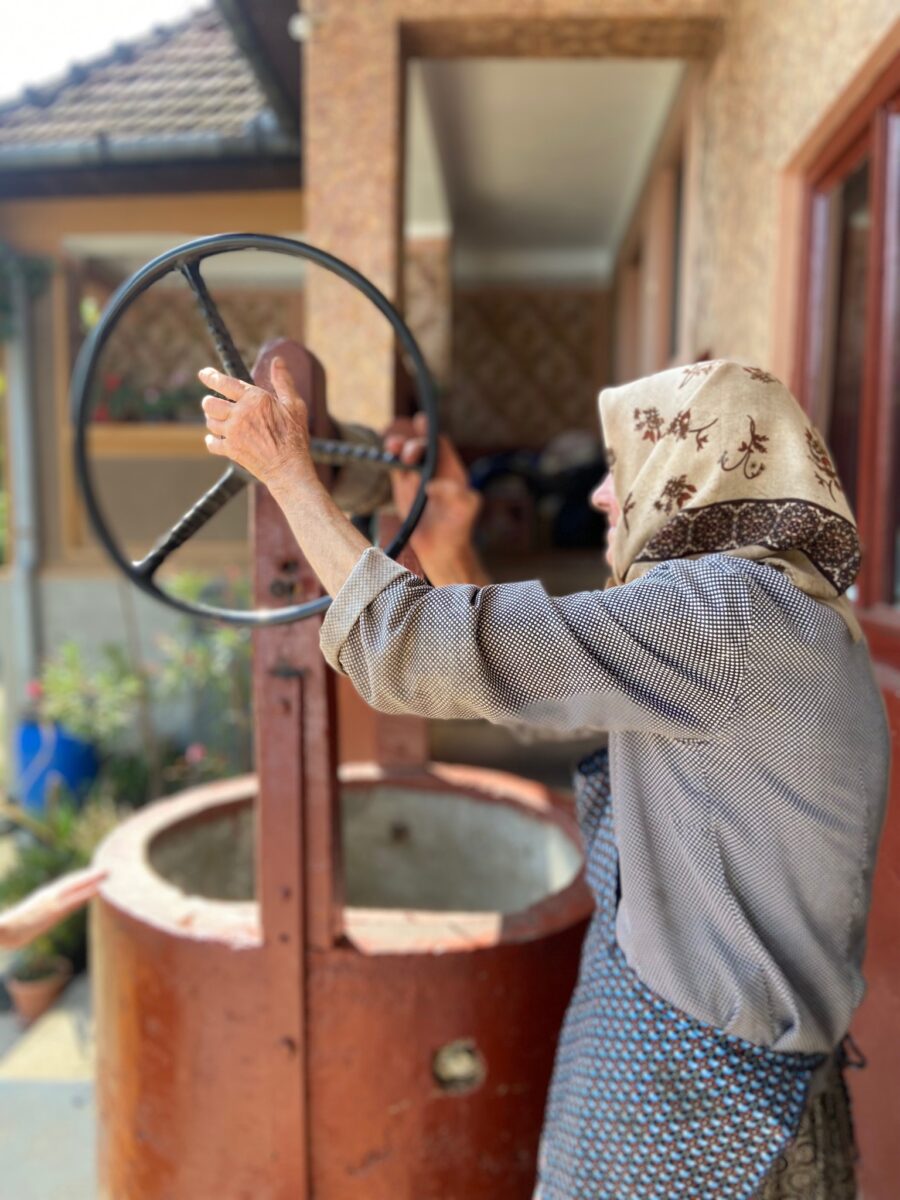
2) Tree planting & grafting. Working with local trainer Ionel, participants will learn how to protect original local fruit varieties by grafting onto prunus malus root stock. As well as developing practical skills in tree grafting, they will gain an understanding of why certain species are grafted and why particular root stock is chosen (strong growth, disease resistance etc). Linked to this, & in conjunction with a local nursery, they plant some traditional fruit tree varieties. The tree planting will include discussion and training on the practicalities of planting trees including depth of planting, planting method (notch or pit planting), tree spacing and species mixtures (again linked to productivity and disease limitation). After care of new plantings will also be discussed. During this week, the group will also do some pollarding, learning about suitable species for pollard and coppice cutting with good vegetative regeneration (such as willow) as well as the uses of harvested pollard shoots and poles. The group may also make traditional woven fences and prune a fruit tree orchard.
Participants will meet the representative of Alba hunting association and/or the local hunter to hear about hunting in Romania, wild animals & habitat, etc. Depending on availability they could take a tour to see some forest places that are used as feeding points for wild animals, also see wild animals in their habitat. Participants could do some work with the hunting association, like repairing observation posts and /or litter picking from picnic areas.
3) Food crops The group will help in the preparation and planting of food crops and sustainable organic gardening. At this time of the year, they will raise seedlings (brassicas, tomatoes, peppers, aubergines) in lazy beds for planting as well as preparing the ground for & planting potatoes. This is an ideal opportunity for participants to develop understanding of sustainable food production in a rural setting. They will develop an understanding of particular species and their growth habits/needs, rotation of crops, after planting care as well as yields. They will be encouraged to consider transferability of these methods to their own regions both for local sustainable groups as well as on an economic level (market gardens, farmers markets). They will learn about small scale (smallholding level) crop planning and how to make best use of small parcels of land considering a wide variety of factors such as climate, soil type and final market for products.
Note: activities could intermingle & be carried out in a different order, subject to weather conditions & availability of people we’ll be working with.
4) Working on heritage buildings Participants will have the opportunity to work at “Victoria’s cottage” in the village of Rimeț. “Victoria’s cottage” is an ongoing project aimed at rescuing traditional thatched houses & barns in the area, working to repair and restore them “in situ”. There is specific work that needs to be carried out each year to protect the buildings (pollarding trees, cutting back vegetation, replacing rotten timber, new thatch, digging ditches for water drainage, making stone walls to protect the buildings).
Participants will take part in some of the activities described above.
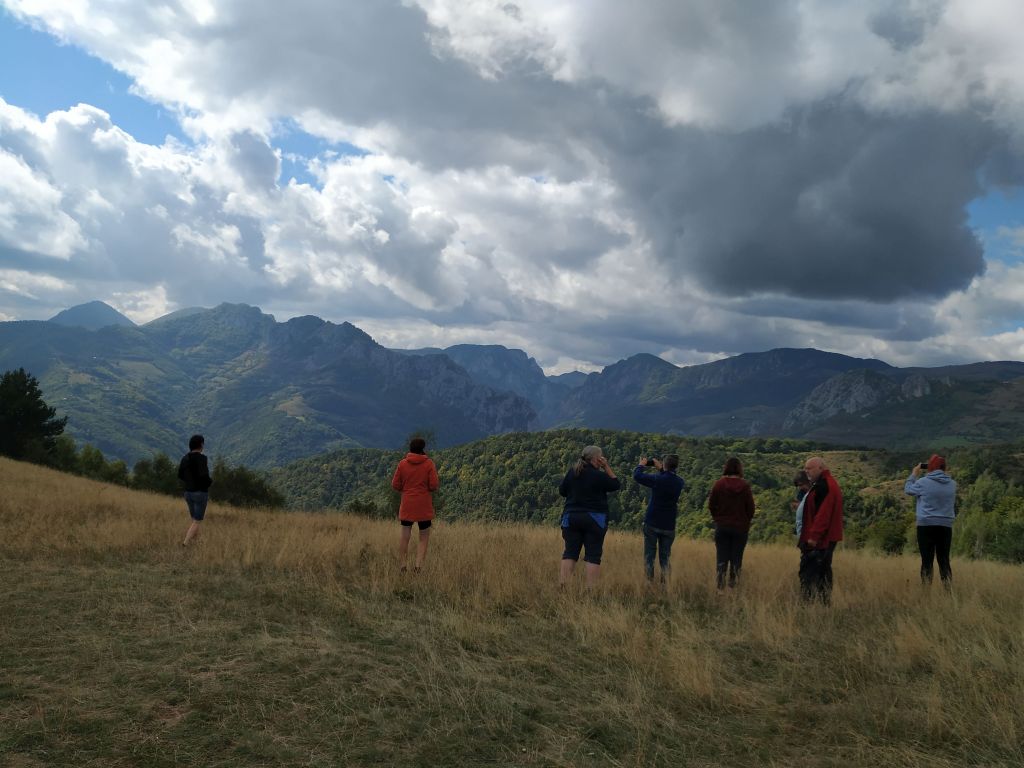
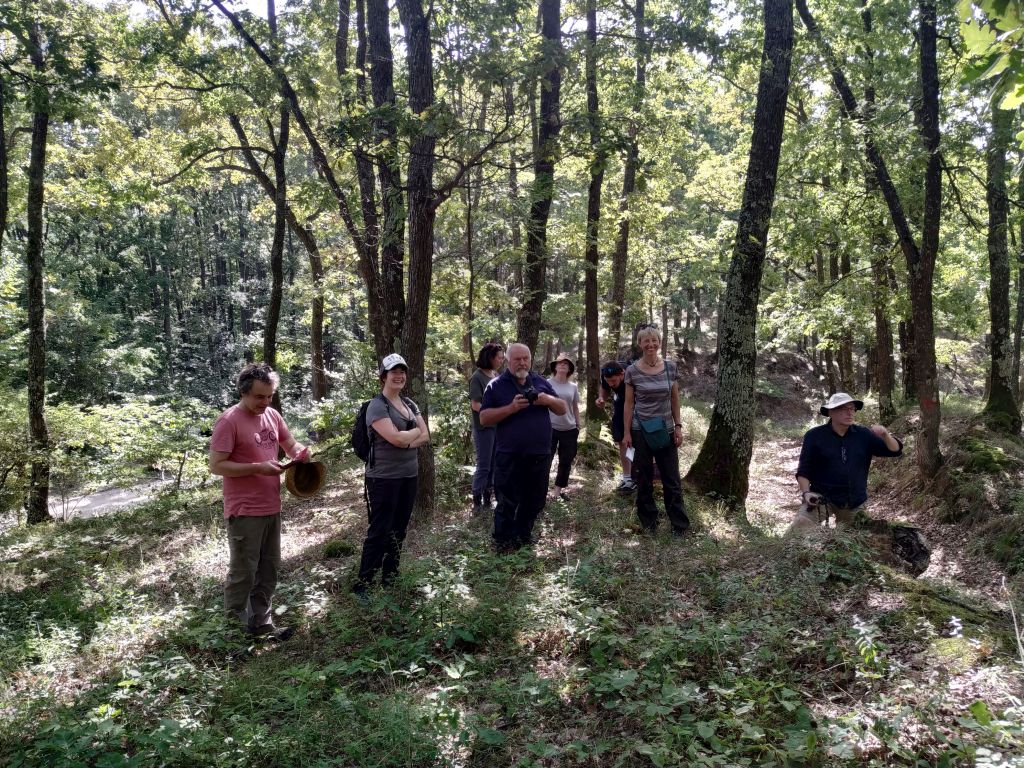
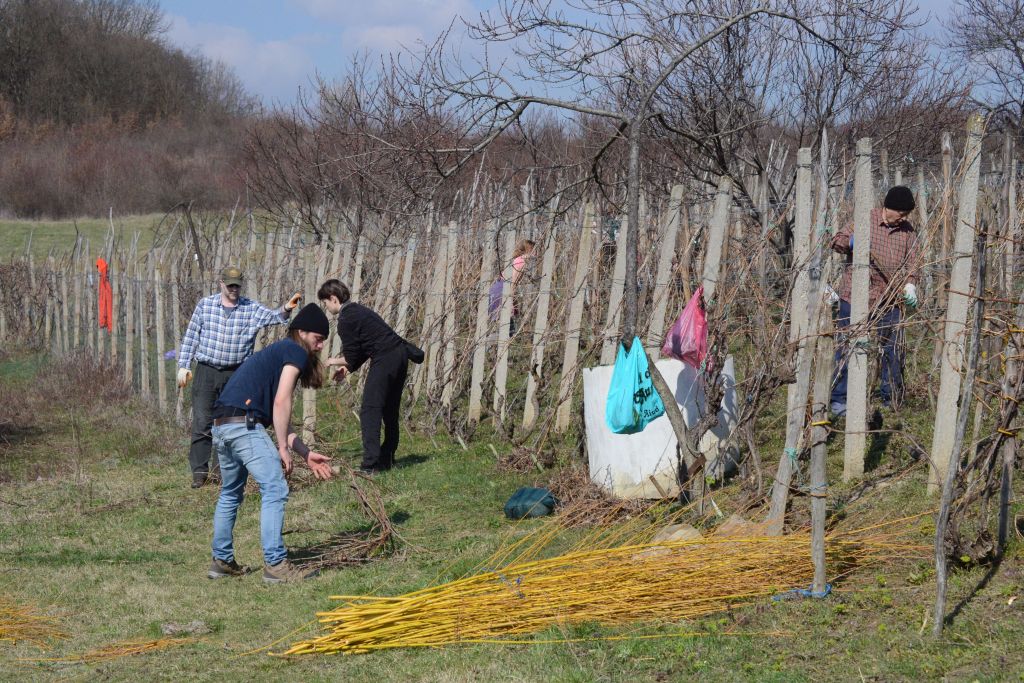
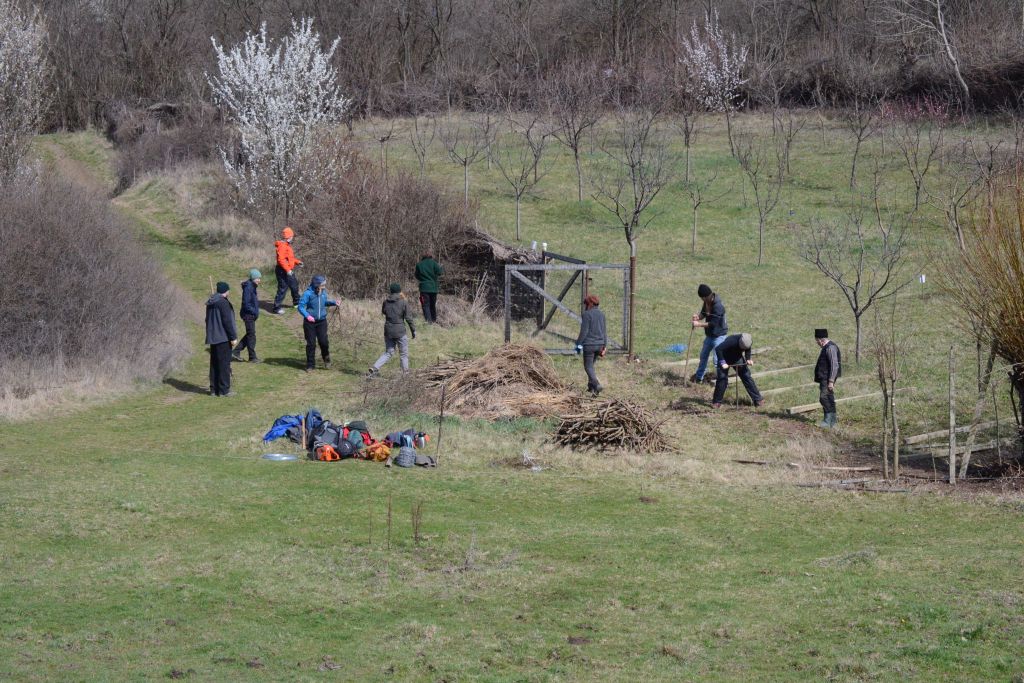
GHIC: Students must apply for a Global Health Insurance Card before the placement, and carry it on them at all times
Background
The placement is hosted by “Satul verde”, an organization that works in traditional skills, cultural heritage, arts, environment and nature conservation. The placement will take place in the villages of Girbovita and Rimeț, Alba county.
Funding
The Turing grant will cover accommodation, food (3 meals a day), return, flights, insurance, transport to site and supervision. Participants will have to make sure they have their EHI or GHI card and budget for personal purchases and excursions.
This project has been funded with support from the Turing scheme, funded by the UK government.
This publication [communication] reflects the views only of the author, and Turing cannot be held responsible for any use which may be made of the information contained therein.

